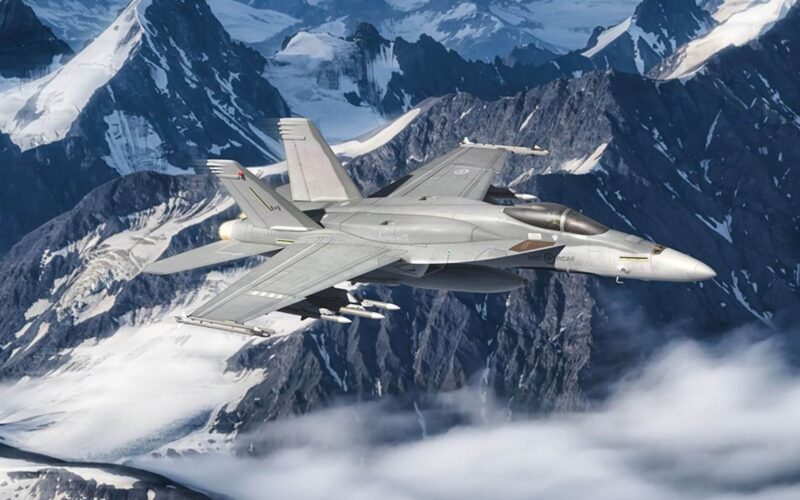Boeing says it will invest $61 billion and create 250,000 jobs if Canada selects F-18 over F-35 and Gripen for its Future Fighter Capability Project.
The move comes as more than two years pass since the large conflict between the company and the Canadian government. The Boeing-Bombardier trade dispute ended in 2018 and included Canada firing shots at Boeing, hinting that it was unwelcomed in the bidding process for the country’s next fighter jet.
“Canada is one of Boeing’s most enduring partners and has continuously demonstrated that they have a robust and capable industry supporting both our commercial and defence businesses,” Boeing Canada press release, published on October 27, 2020, states.
The release underscores that Boeing has partnered with five Canadian aerospace companies (CAE, L3 Harris Technologies, Peraton Canada, Raytheon Canada and GE Canada Aviation) as a sign of commitment.
In 2018, Boeing, together with Airbus and Saab, officially complained alleging that Canadian fighter jet procurement system was rigged in favor of Lockheed Martin and its F-35 Joint Strike Fighter (JSF) program. Since then, Airbus withdrew from the tender, just as Dasault had done before.
Despite being one of the original members of the JSF program since 1997, and planning to purchase a large number of new F-35s, Canada got involved into a long-running controversy over the procurement of the costly fifth-generation fighter jet.
The controversy resulted in the 2019 tender for the Future Fighter Capability Project with open competition amongst bidders, additional NORAD security requirements and a requirement to invest equivalent of the contract value into the Canadian industry.
The last requirement was the cause of Boeing’s complaints, as it favored the premise of the controversial JSF program heavily. However, the latest statement may mean that Boeing, which had its civilian branch hit by the current crisis, is ready to comply with the previously-unwelcomed condition.
Boeing has offered the F/A-18 Block III Super Hornet fighter jet for the competition, a step above Canada’s ageing CF-18 fleet that was purchased in the 80s.

